LAHORE, March 8: Former finance minister Dr Mubashir Hasan said on Saturday that despite the recent general election, power still remains firmly in the hands of the military and civil bureaucracy, and that real change can only come about through a “non-violent revolution”.
Speaking at a seminar entitled “Who Rules Pakistan” hosted by the Student Action Committee (SAC) at Zaman Park, Hasan, a founding father of the Pakistan People’s Party (PPP) stated that power must be devolved to the district level before Pakistan has any chance of moving forward.
Dr Hasan began by providing a summary of Pakistan’s history, relating that he himself was present when the original Pakistan resolution was drafted in 1940. He outlined how, throughout Pakistan’s short history, the military had never allowed civilian governments to flourish – starting in 1953 when the constituent assembly was dismissed by then Governer-General Ghulam Mohammed.
This pattern would continue, when Zulfiqar Ali Bhutto later was asked to assume power by the army and was appointed civilan martial law administrator, as there was no constitution in place at that time, right through to the 1990s when Benazir Bhutto and Nawaz Sharif’s governments were dismissed in a game of political musical chairs, said Dr Hasan. “In total, 12 prime ministers have been dismissed, and two of them killed by the military establishment,” he said.
“The British gave ministerial posts to Indians starting in the 1930s, though this never meant they wielded any real power,” he stated, adding that power remained in the hands of police officials, magistrates, jailers, and tax collectors who interacted with people on the grassroots level.
Asked what Zulfiqar Ali Bhutto had done to devolve power to the people, Dr Hasan swiftly replied “nothing whatsoever,” before adding this was the former leader’s greatest failure.
Dr Hasan added that while democracy was supposed to be a system of governance for the people, by the people, today’s politicians had no real connection with the people they were supposed to serve, and that the way campaigns were financed nowawadays contributed largely to this.
“Nowadays a candidate must have crores at his disposal, and the sponsporship of the bureaucracy, else he or she will get nowhere,” he said.
On the issue of the judiciary, Dr Hasan said that while Gen (rtd) Musharraf was wrong to remove the Chief Justice Ch Iftikhar Muhammed, the issue was of little concern to the ordinary people of Pakistan and the devolution of power must be the first priority.
He added that in developed countries such as the United States and the United Kingdom, governments were more accountable to their people, and that was why it would be impossible to imagine martial law being held there.
He ended his discussion by telling his audience of university students that while he had no definitive political solution, “Nobody can give power to ordinary people, the people themselves must reach out and take it. That means we must work outside the system, that we must start a revolution.”














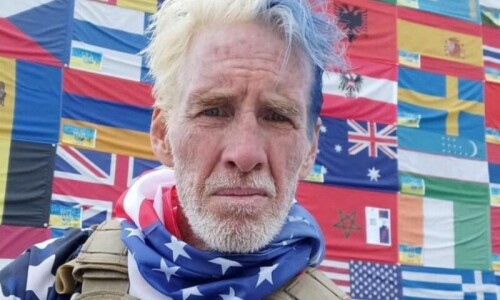



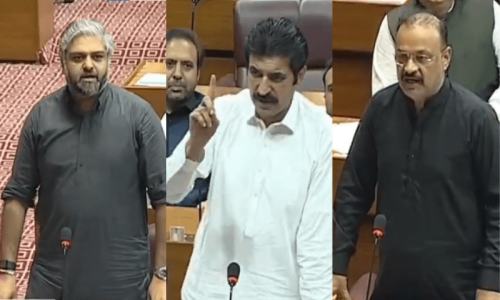


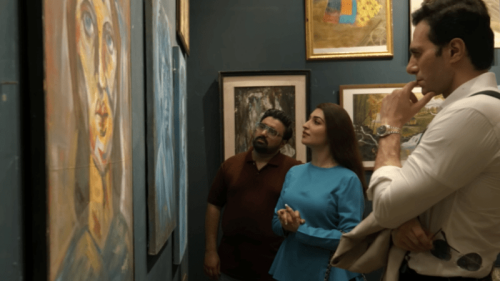



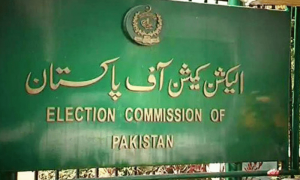
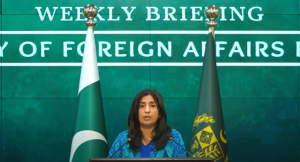
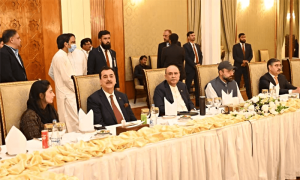
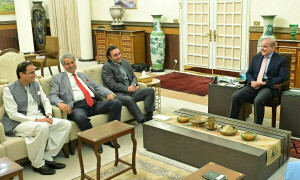
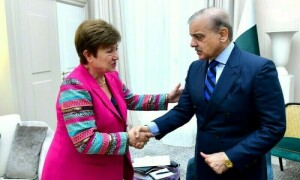

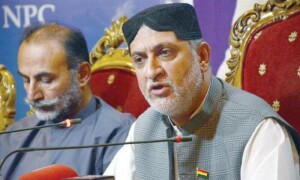

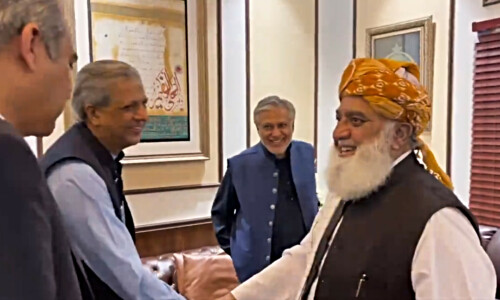
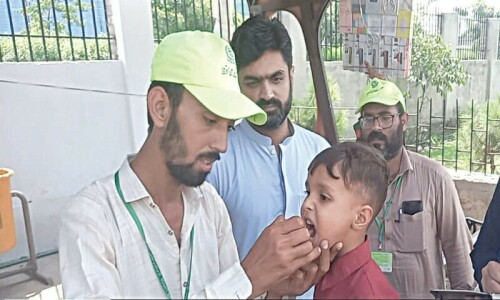
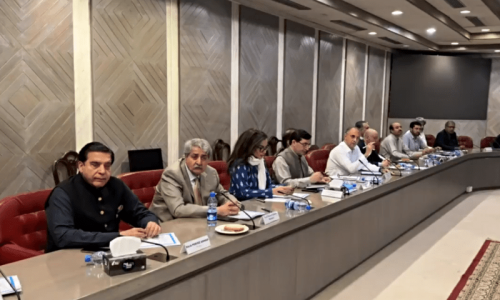
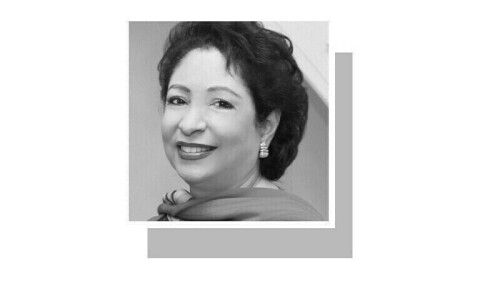

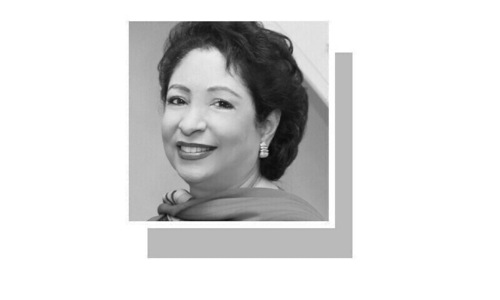





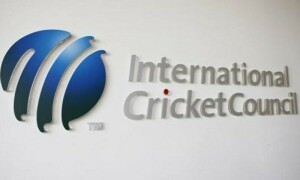
Dear visitor, the comments section is undergoing an overhaul and will return soon.